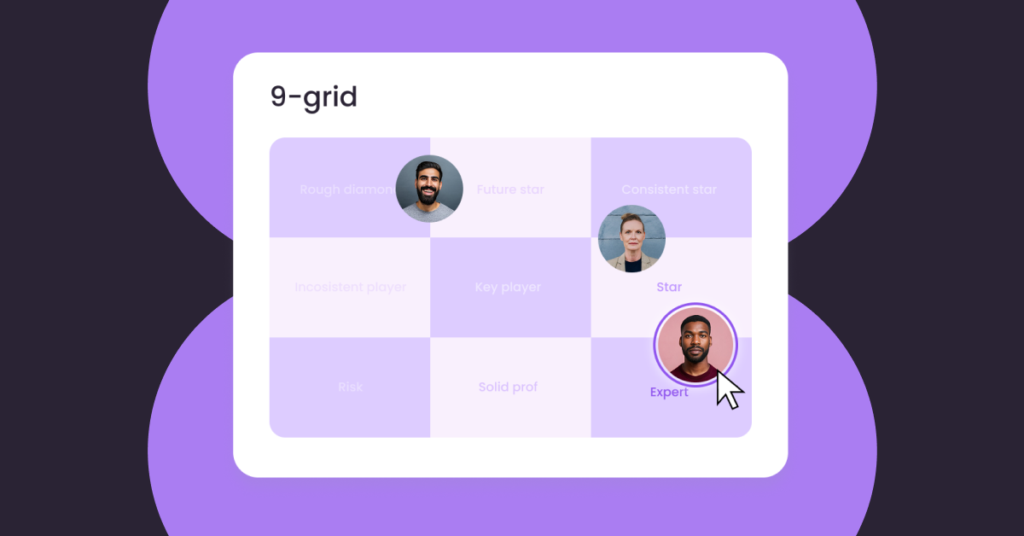Here’s how to calculate your employee turnover
Employee turnover can be a huge cost to your business, especially if you don't understand its extent. Every time an employee leaves, you face unexpected costs such as recruitment, selection and training of new employees. In addition, valuable knowledge is lost, and...
95% of managers are not satisfied with the annual performance review
An annual review meeting, they are a regular part of many organizations. But let's face it, often they feel more like an obligatory routine than a valuable exchange between employer and employee. It is not for nothing that 90% of HR managers report that these...
Preparing for performance reviews: Concrete steps and tips
Preparing for the performance appraisal interview is a crucial part of the appraisal process within many organizations. It allows both employees and employers to discuss employee performance, goals and development needs. Preparing for a performance review is...
The 9-Grid: A useful model for talent management
Talent management is all about attracting, developing and retaining top talent. But how can you effectively shape your talent management strategy? One model that many organizations use to assess and develop talent is the 9-Grid. In this blog, we will explore this...
What is “The New Assessment” and how do you implement it?
What is "The New Assessment? The New Assessment is rapidly gaining popularity in recent years as a way of thinking that any organization can use to revamp the traditional HR interview cycle. It provides a methodology for organizations to look at assessing employee...
Remote working: 4 challenges of remote working
In this blog, we cover four key challenges of remote performance management. We also discuss the solutions we have developed with our own customers. Would you rather get started right away with remote performance management for your organization? Then download the...
Here’s how you can reduce employee turnover with these 10 tips
We face a historically tight labor market. The danger of high staff turnover is high, as many employees are approached to "defect" to other organizations. That's why more and more companies are coming up with the most creative ideas to keep employees engaged with...
This is what you keep track of in a Performance Management system: the 11 key components
What does your performance management system cover? A good system is the basis for fairly assessing and further developing employee performance. In this blog, you'll discover what components Performance Management consists of so you can apply it to improve employee...
Performance Management: the ultimate guide to success
In this guide, you'll read about the growing importance of performance management. For example, you'll read why simply stopping the interview cycle or appraisal doesn't work, and we provide 5 tips for a modern performance management cycle based on Learned's 200...
































